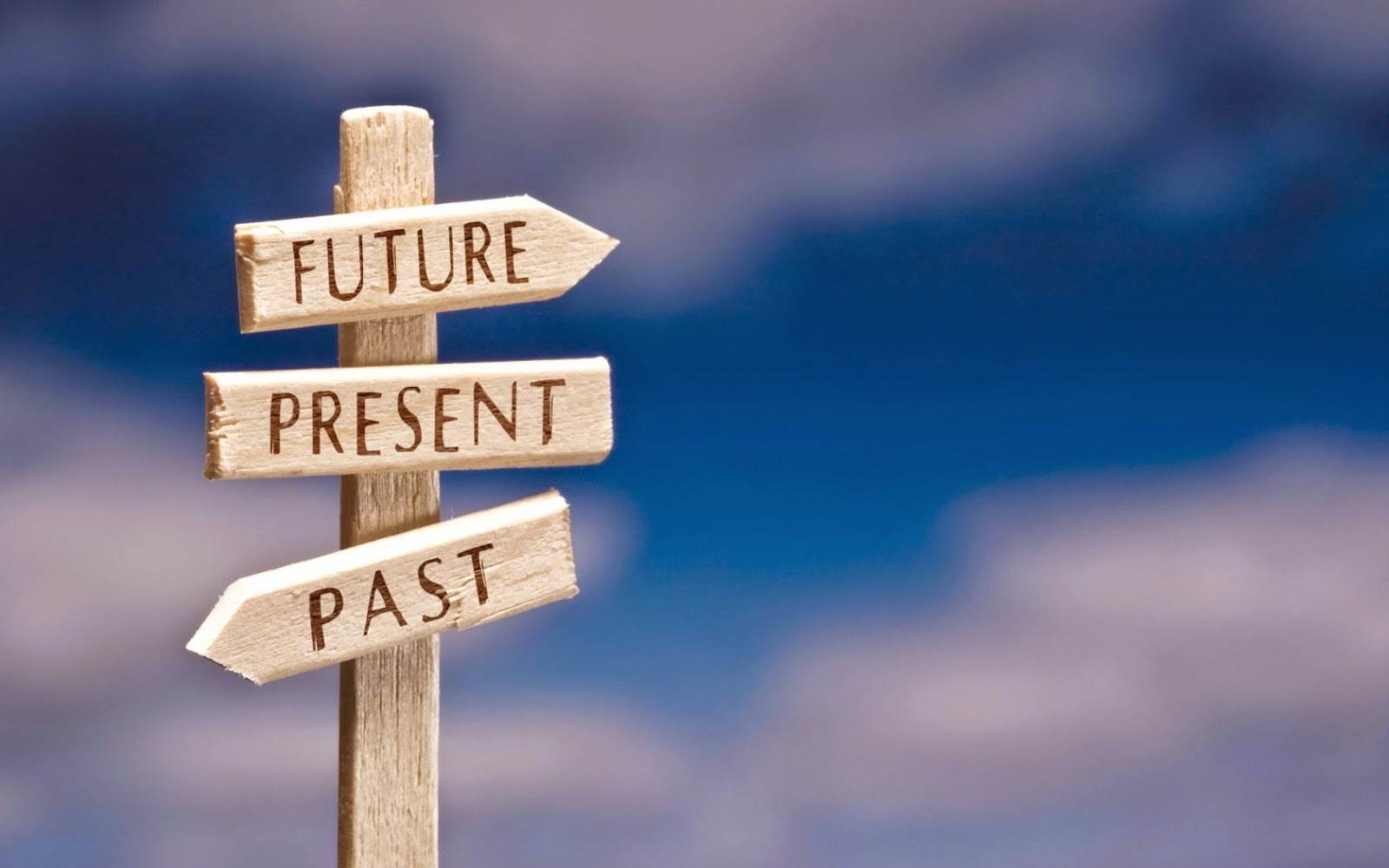In my years of meeting with clients and talking about personal finances, I think that one of the most powerful concepts I’ve introduced into client meetings is the idea of the “future self”.
Simply put, your “future self” is the idea of who you are, where you’ll be and what you’ll be doing at some point in the future.
Why is this exercise so powerful? The key lies in the fact that it provokes open & visionary thinking. Often times we get so caught up in the minutia of our everyday lives, we forget to think about or look at the big picture. Being able to recalibrate your thinking for a moment to be a visionary thinker helps when making smaller everyday decisions. As an example, you may think twice about reaching for that bag of chips late at night because it does not support your vision of your “future self”. It’s about trying to align your behaviours with a sustained vision of what kind of life you want for yourself.
3 Key Components to Thinking about your “Future Self”
1. Doing something with an eye towards your “future self” does not mean being miserable today.
It’s not easy living in today’s world. Society has evolved to the point where many of us have come to expect gratification today – sometimes to the point that we are giving up something better for tomorrow. However, making decisions to benefit your “future self” does not mean you have to live a miserable existence today. It does, however, introduce creativity, resourcefulness and openness about the decisions one makes in their life on a daily basis. All qualities I would argue we can all use to live a happier and more fulfilled life.
2. Constant evaluation of choices and self-improvement
Life is a constant balancing act. And as you move through life, it is important to reflect upon your choices regularly and look for opportunities to make improvements. “But that’s a lot of work” one client told me. In digging deeper I uncovered the fact that this client wasn’t afraid of the “work” behind self-reflection, but that the self-improvement part was something that felt uncomfortable to them. The old adage goes that change feels anything but comfortable. Make sure to surround yourself with people who can support wise decision making and a sustainable lifestyle.
3. If something you do today does not support a long-term benefit, then it’s likely not worth doing it
Asking yourself the simple question, “will my choices today benefit me tomorrow” is crucial in looking out for your “future self”. If the answer is no, then don’t do it. Having said that, I want to be clear, it’s also important to be realistic and reasonable. Does this mean that you never eat your favourite ice cream because you want to lose a bit of weight? Denying yourself that ice cream altogether can lead to an unsustainable effort towards losing the weight. Like all things, I believe that finding balance in life is always key. Just remember that the balance of your decisions should support the “future self” you want for yourself.
Final Thoughts
The very idea of the “future self” might seem a bit utopian to some. I’ve heard people rebut by saying things like “why dream about being a multi-millionaire times over if I can’t realistically get there?” I would respond by suggesting that the exercise is less about creating unrealistic or unattainable goals and more about establishing smaller, more achievable steps to an ideal “future self”.
I once was told something by an elderly member of my community that I’ll never forget. He said “They put a man on the moon, don’t tell me that something isn’t possible”. He outright refused to believe that somebody was unable to achieve something they desired or put their mind to.
I challenge you today to think about your “future self”. What do you look like? What are you doing and where are you?
Now you’ve got the beginnings of creating the life you’ve always wanted to live.


















